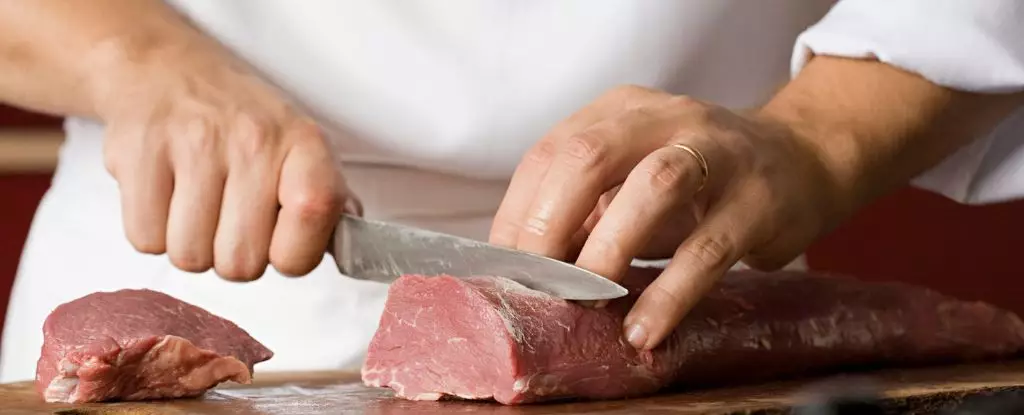In a world where culinary adventure often leads us to new and exotic flavors, the story of a Florida man who faced a life-threatening infection after consuming feral pig meat serves as a stark reminder of the hidden risks associated with wild game. This case, which highlights the insidious nature of Brucella suis—a bacterium typically associated with livestock—reveals alarming information about how an innocuous meal can turn into a matter of life and death. The intertwining of culinary exploration and medical peril makes this incident not only a cautionary tale but also a call for heightened awareness among adventurous eaters.
The Inocuous Beginning
The man’s journey into health complications began with a seemingly harmless act: eating feral pig meat gifted by a local hunter. It is easy to see how the allure of wild game can tempt us, especially when it comes from a trusted source. However, this man’s oversight—handling the meat without gloves—marks a critical turning point in his story. In the culinary world, proper food handling practices are often emphasized, yet they are frequently taken for granted, especially in informal settings. The casualness of the encounter downplays the potential for exposure to dangerous pathogens that may lie dormant in feral animals.
The Sneaky Nature of Brucella suis
Brucella suis is often overshadowed by other bacterial infections, primarily due to its rarity and the complexity involved in its diagnosis. Unlike many other infections that produce immediate and overt symptoms, Brucella infections can be deceivingly mild, delivering vague and intermittent signs that are easy to dismiss. This bacterium’s ability to hide within immune cells allows it to remain undetected for extended periods, leading to clinical complications that can be mistaken for other ailments. The delayed manifestation of symptoms complicates timely diagnosis, as demonstrated in our Florida patient’s case.
A Maze of Misdiagnoses
As the man battled intermittent pain, fever, and other discomforts, a series of hospital visits brought him no closer to a definitive diagnosis. His experience encapsulates a critical issue within the medical community: the challenges posed by atypical infections. Initial blood cultures revealed a different bacterium, leading to ineffective treatments and further delaying the correct diagnosis. The implications of such misdiagnosis underline the necessity for a heightened awareness of rare pathogens, particularly for individuals with preexisting conditions such as diabetes and heart failure, which can complicate presumably straightforward diagnoses and treatments.
The Dangers of Defibrillator Infections
The unique feature of this case is its intersection with medical technology—the implanted defibrillator. Typically designed to save lives, such devices can become breeding grounds for infections like Brucella. The very attributes that make these devices life-saving also make them susceptible to complications when infections take hold. Limited blood supply means antibiotics struggle to reach the infected area, often necessitating the complete removal of the device for effective treatment. This is a harrowing realization for patients who rely on these devices for heart health, yet it reinforces the need for rigorous monitoring of those who consume wild game or unpasteurized products.
Learning from the Past
The Florida man’s eventual diagnosis illuminates the risks associated with consuming feral animals and the importance of food safety. While the feral pig population in Florida surges, the awareness of potential pathogens lingers in the background. Public health campaigns centered on informing consumers about these risks can serve to reduce the incidence of similar cases in the future. Emphasizing safe handling practices and the dangers of wild game consumption is vital, as many may not recognize that the thrill of the hunt could lead to grave health consequences.
Concluding Thoughts
This man’s story stands as a cautionary narrative in the realm of adventurous dining. The intertwining of wild game consumption and the potential for rare infectious diseases prompts a broader conversation about public health, personal responsibility, and the myriad aspects of food safety. As more enthusiasts experiment with unconventional culinary experiences, it is imperative that both diners and healthcare professionals remain vigilant. Understanding the risks associated with feral meat and promoting safe handling practices may prove critical in preventing the next unfortunate event mirroring this man’s distressing journey through illness.

